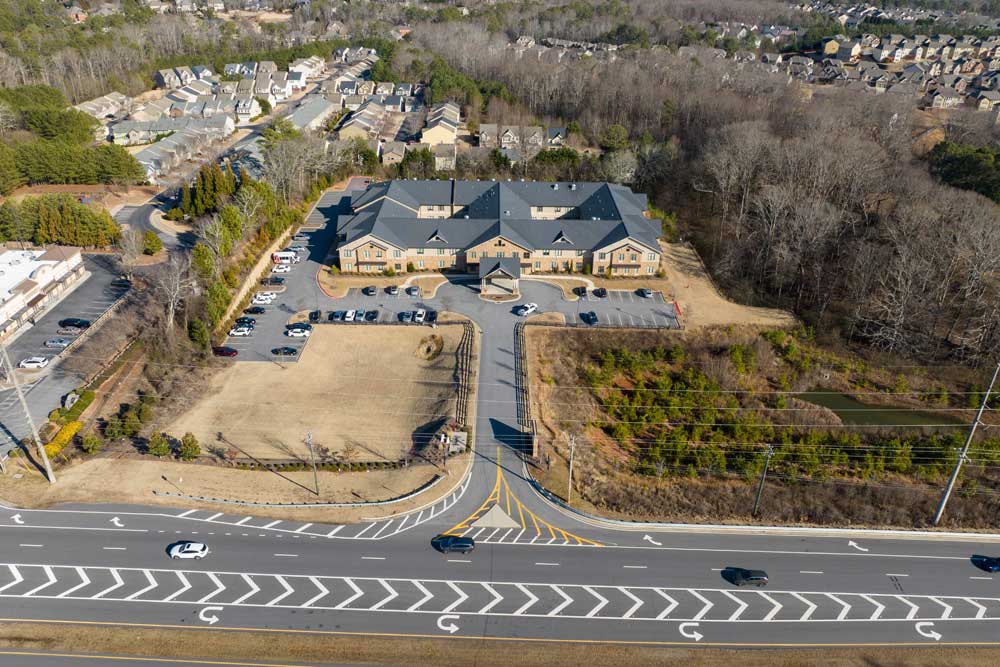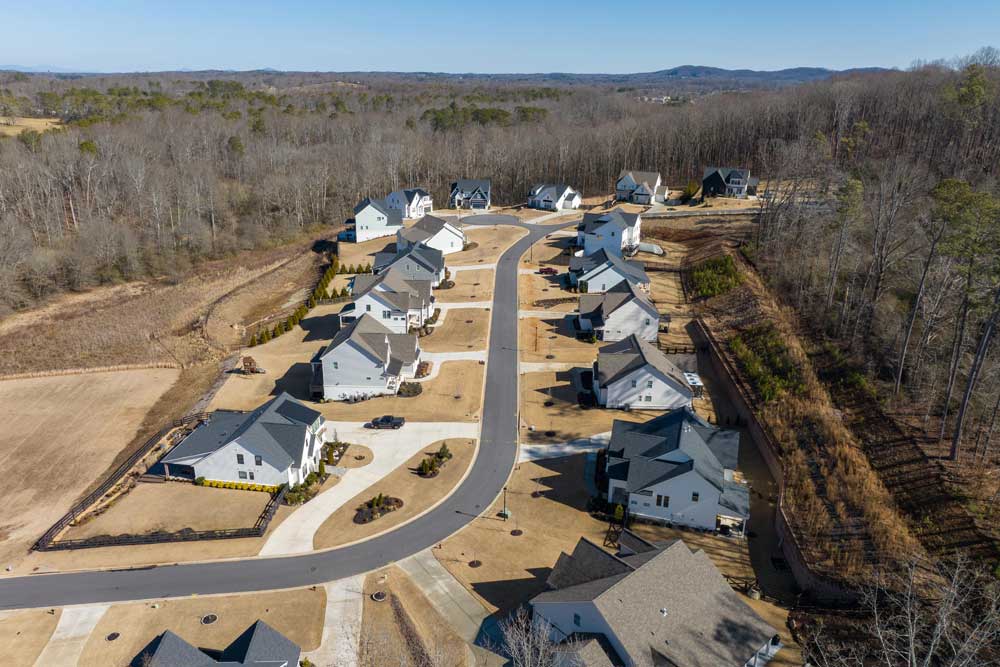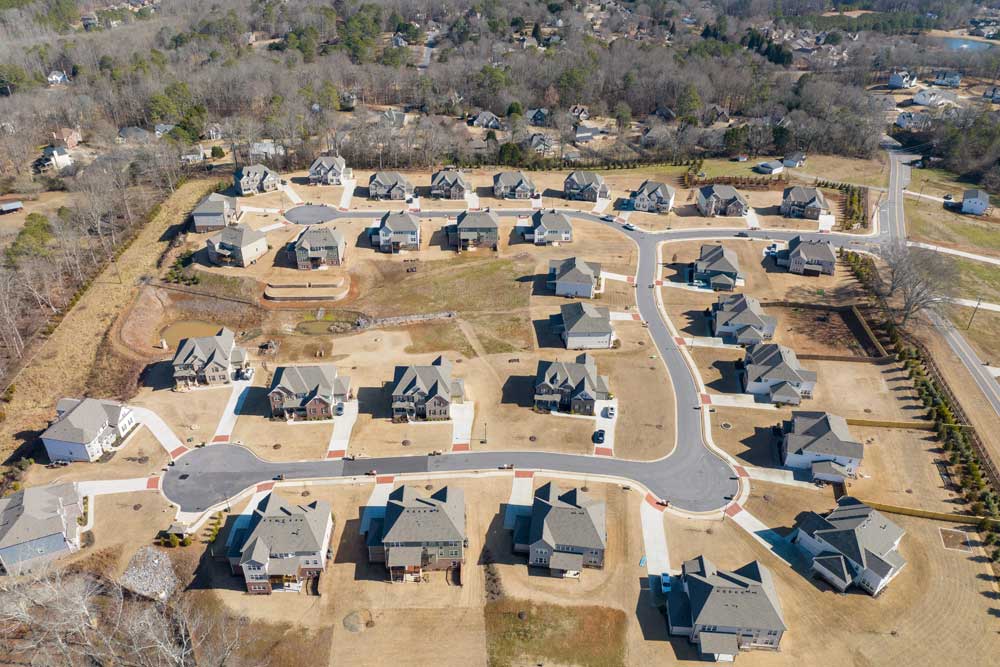Innovative Engineering Solutions for Sustainable Development
Eco-Friendly Stormwater Management Systems
Stormwater management is critical in urban and suburban development, particularly in regions like Georgia that experience heavy rainfall. Traditional stormwater systems often focus on directing runoff away from developed areas, but eco-friendly alternatives prioritize managing water close to its source.
B.C.E incorporates sustainable solutions such as:
- Bioretention Systems: Using vegetation and soil to capture and filter stormwater naturally.
- Permeable Pavement: Allowing rainwater to seep through the surface, reducing runoff and replenishing groundwater.
- Rainwater Harvesting: Collecting and storing stormwater for reuse in irrigation or other non-potable applications.
These systems reduce the strain on municipal drainage networks, prevent flooding, and improve water quality while maintaining the ecological balance of the surrounding environment.
Energy-Efficient Utility Designs
Utility systems are essential to modern infrastructure, but they can also be major energy consumers. Innovative engineering practices aim to enhance efficiency while minimizing environmental impact.
Key advancements include:
- Smart Utility Grids: Incorporating sensors and automation to optimize resource use and detect inefficiencies in water, gas, and electricity distribution systems.
- Renewable Energy Integration: Designing infrastructure to support solar panels, wind turbines, and other renewable energy systems.
- Efficient Pumping Systems: Upgrading water and sewage pumps to reduce energy use without compromising performance.
B.C.E prioritizes these energy-efficient approaches to lower operational costs and promote sustainability across our projects.
Green Infrastructure and Urban Planning
Sustainable development isn’t just about individual buildings or systems—it’s about creating a cohesive environment that benefits people and the planet. Green infrastructure and thoughtful urban planning are central to achieving this goal.
Some examples include:
- Urban Green Spaces: Designing parks, gardens, and green roofs to reduce the urban heat island effect and enhance air quality.
- Mixed-Use Developments: Creating neighborhoods that combine residential, commercial, and recreational spaces to reduce commuting needs and encourage walkability.
- Low-Impact Development (LID): Planning projects that minimize disturbance to natural ecosystems, such as preserving existing vegetation and implementing erosion control measures.
By prioritizing these elements, B.C.E contributes to communities that are more resilient, livable, and harmonious with their surroundings.
Cutting-Edge Materials and Construction Techniques
The materials and methods used in construction also play a significant role in sustainability. B.C.E stays ahead of the curve by integrating eco-friendly materials and innovative construction techniques, such as:
- Recycled and Renewable Materials: Utilizing reclaimed wood, recycled concrete, and other sustainable resources to reduce waste and carbon emissions.
- Modular Construction: Prefabricating components off-site to minimize on-site waste and improve construction efficiency.
- Self-Healing Concrete: Exploring advanced materials that extend the lifespan of infrastructure and reduce the need for repairs.
These advancements not only lower the environmental impact of construction but also provide long-term cost savings and enhanced durability.
B.C.E’s Commitment to Sustainability
At B.C.E, sustainability isn’t just a buzzword—it’s a guiding principle. Our team continually researches and adopts the latest trends in sustainable engineering to ensure that our projects align with environmental goals and regulatory standards.
Whether we’re designing a stormwater management system, developing utility infrastructure, or planning a large-scale land development project, we prioritize solutions that balance innovation, functionality, and environmental stewardship.
Through sustainable engineering practices, B.C.E is proud to contribute to a greener, more resilient future for Georgia and beyond.





